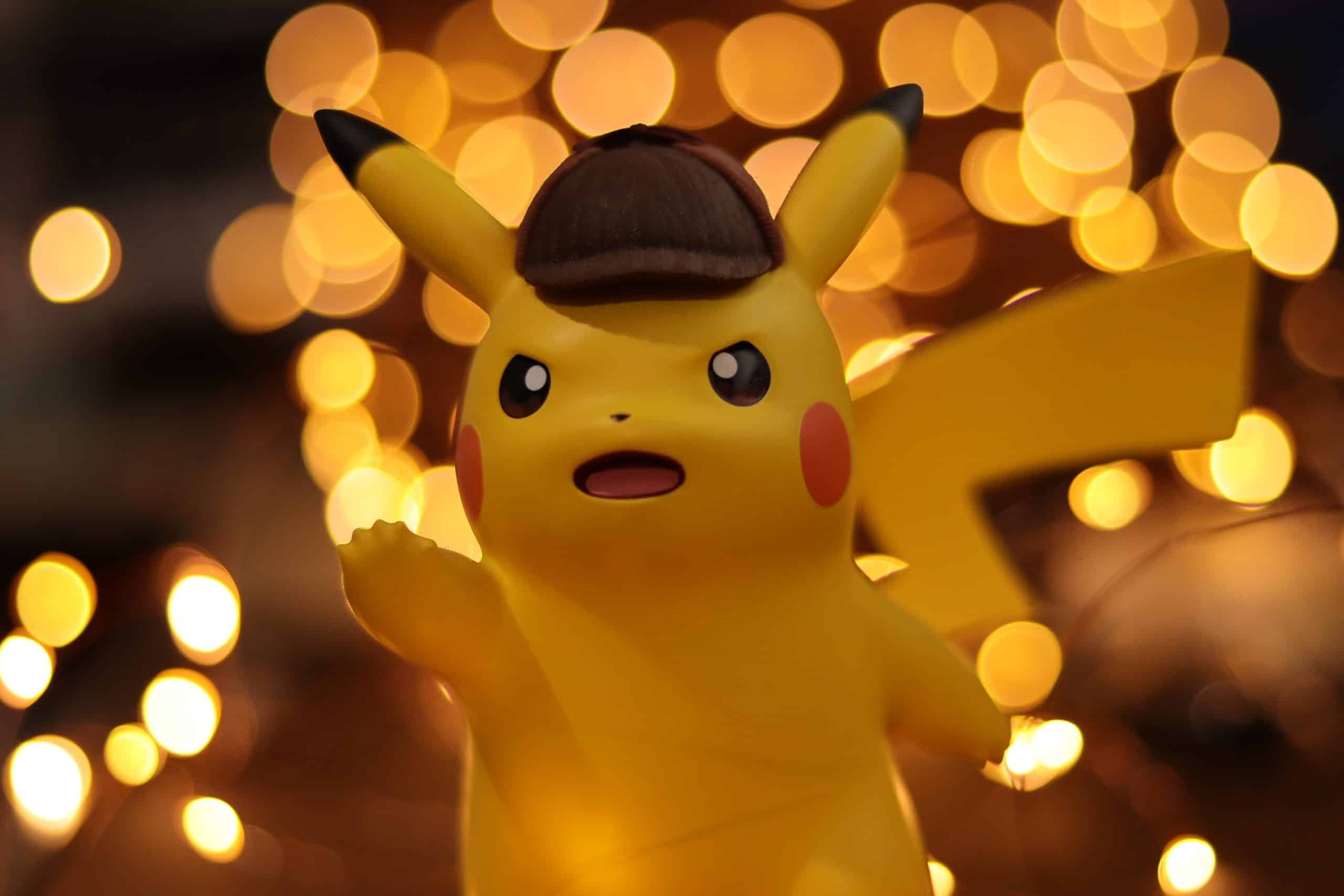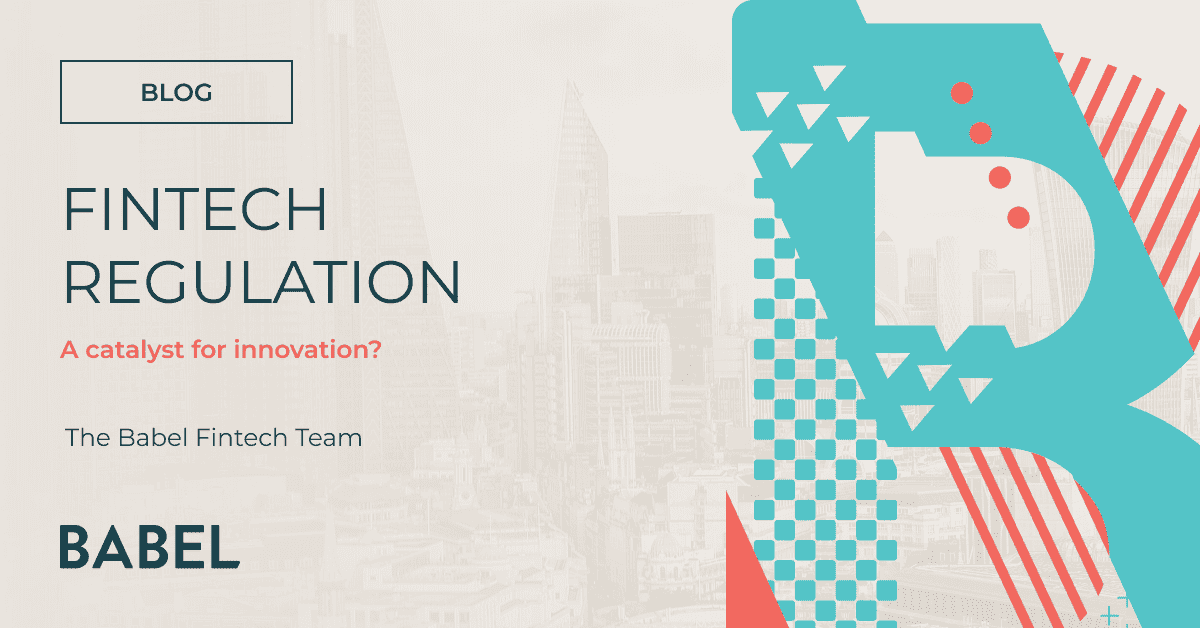
A Peek (achu) into the new Pokémon Go Craze
You might be wondering why people are walking around with their heads in their phones (well more than usual) and squealing with glee that ‘a Jigglypuff is nearby!’ every once in a while. Well, it’s all because of new Augmented Reality app, Pokémon Go. There have been countless stories over the past fortnight of people hunting down Pokémon left, right and centre.
The game, first launched in the US earlier this month by Japanese electronics company Nintendo, has since been deemed “the most popular US mobile app ever.” The app merges real world and virtual elements of the original Pokémon games using real-time GPS data, tasking players to explore their surroundings alongside their on-screen avatars in search of wild Pokémon characters. Local landmarks and buildings have become Pokéstops and Pokégyms where you can collect Pokéballs and potions, join other players and do battle with other squads. Have we returned to the 1990s I hear your ask?
Despite the app not being available for download in the UK until late last week, the game has certainly gone down a storm. There has been lunchtime Pokéhunts, Pikachu on Downing Street and full grown men in suits on Clapham Common reliving their Pokémon glory days. Last week a man from New Zealand even quit his job to become a full-time Pokémon hunter. For many, Pokémon Go has tapped into the childhood fantasies once imagined by millennials of a world where Rattatas or Pidgeys are among us – in the local supermarket or even your office loo. In the weeks since its release, Pokémon Go has sent millions of people worldwide roaming their neighbourhoods in search of elusive Pokémons. And with plans from the game’s developers to roll out in over 200 markets, the Pokémadness is only likely to continue to spread. Some reports have even suggested that 5% of worldwide Android smartphones now have the app installed and the number of people using the app has overtaken Tinder users, as well as surpassing daily active Twitter users.
But how has a game that achieved as many users as Uber in just one week become so popular?
Essentially, Pokémon Go’s recipe for success is a combination of the popularity of the Pokémon brand, and the sense of adventure and excitement that made the original Gameboy games and anime TV series so popular. The Pokémon game series still remains the third bestselling series ever behind Mario and Tetris, and I’m sure the app’s frenzied success is a result of this nostalgic appeal alongside a great concept.
Players become the original Ash Ketchum, donning cap, backpack and all, travelling through their own Viridian Cities to capture, train and battle all types of characters with silly names. The game itself is the perfect spin-off of the original franchise. A re-imagined version of the Pokémon games for the purpose of 21st century smartphone obsessed fans. A blast from the past for some, it replicates the element of escape and possibility which drove the original vision’s success and provides the closest experience of the 90s game; exploring, catching various creatures and training them for battle with friends and foe.
This real life experience is all thanks to the app’s use of Augmented Reality technology. On the whole, previous apps using AR have been largely disappointing and unable to make an impact with consumers. For those who haven’t come across this new technology before, Pokémon Go offers an unique advantage over other adventure games in that rather than immersing you into a new world, players can set off and experience the game fabricated over their own world or street view. It is certainly the most accessible game of its kind to date as it requires nothing more than your smartphone and is free to download. It’s a new and exciting prospect for hard-core gamers and non-gamers alike looking to adopt the latest craze and compete against their friends – as well as encouraging people to get active along the way!
But will it last? It’s hard to say, as with any smartphone trend. Often these games have a habit of causing a frenzy and dying out in quick succession. The game’s progression and adventure story will appeal to many. However, it clearly requires more commitment and effort in terms of game time than the likes of Flappy Bird and Candy Crush and we will have to wait and see if anyone will stick around long enough to catch ‘em all.





